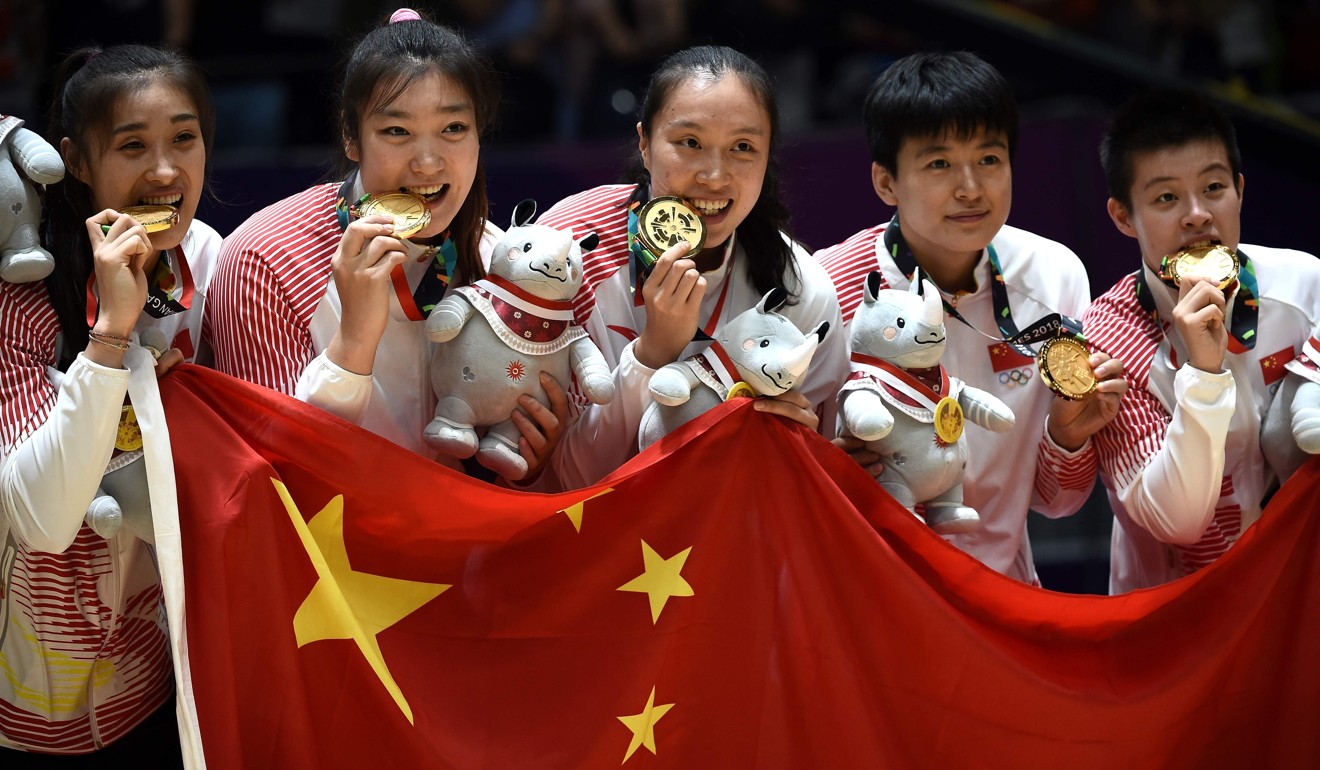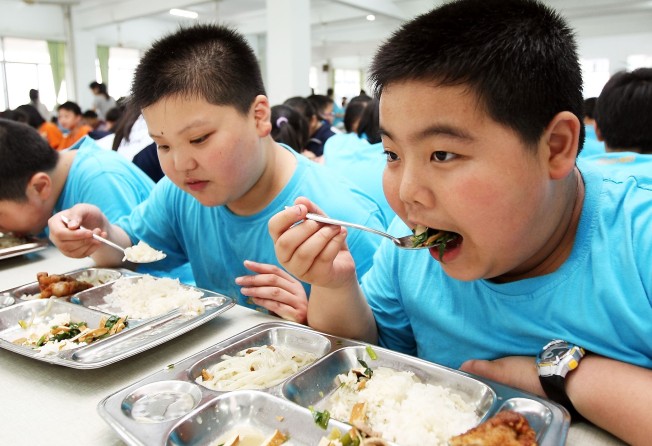
China is a superpower in sports, but does that mean Chinese are sporty types?

Since winning their first Olympic gold medals at the Los Angeles Games of 1984, China has gradually made tracks towards becoming a world sports power. And when China, as the host, won 51 golds to take the top position at the 2008 Summer Olympics in Beijing, it demonstrated its stature as a sports powerhouse.
However, there is an inherent irony to this success story when more than a million Chinese succumb to cardiovascular diseases and stroke annually – illnesses that are associated with a bad diet and lack of exercise. Last year, a global study even found that China had the world’s largest population of obese children.
These are perplexing data from a genuine world sports power, and should not be shrugged off.
While nurturing outstanding sports talents, Chinese authorities seem to put little emphasis on the development of physical and mental health for the general population, and numerous areas beneficial to the public well-being have been transformed into commercial premises.

Macau, a special administrative region of China, is no exception, where most football pitches, meadows and wetlands have given way to property tycoons and casino operators.
These facilities, which are public assets, are good for helping people develop a sporty and healthy lifestyle. Unfortunately, they are run by a minority who seldom or never take the people into account.
More disappointingly, the motivation for holding international sports events nowadays seems to be to use it as a means of upgrading a country’s global status and tourism potential, which goes against the original idea of uniting nations of the world and unifying the body, mind and will in a balanced whole.
Having predictably won the most medals in the 2018 Asian Games, alongside the outstanding achievements made by the athletes of Hong Kong and Macau, China has once again demonstrated its great strength in sports to the world. But does that mean the Chinese are sporty types? That is a question worthy of some introspection.
Barnaby Ieong, Macau